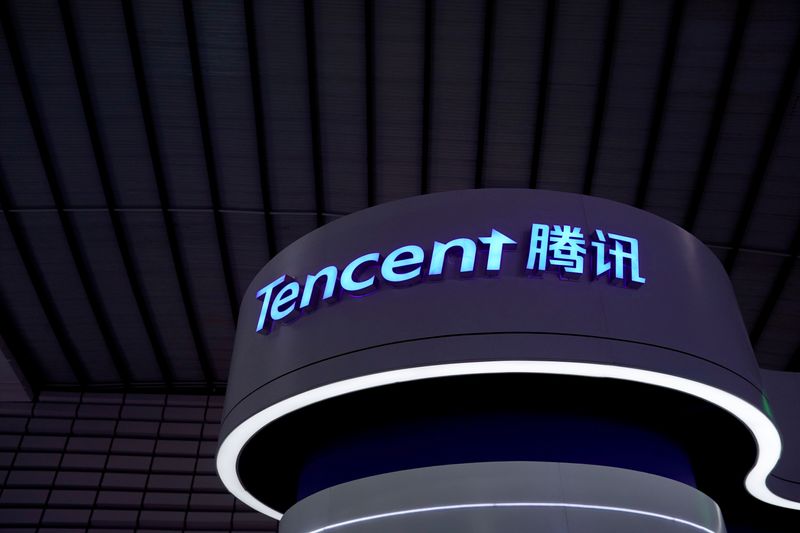By Tony Munroe and Pei Li
(Reuters) - On Tuesday, Chinese livestreaming e-commerce came under scrutiny. On Thursday, it was "deepfakes". And earlier this month, Chinese authorities imposed fines on operators of community group buying platforms.
Beijing is making good on its threats to clamp down on the sprawling "platform economy", with President Xi Jinping weighing in on the need to rein in behemoths that play a dominant role in the country's consumer sector.
The drumbeat of warnings, fines and de-platformings of Chinese digital heavyweights started with last year's shelving of Ant Group's $37 billion IPO and has expanded across the sector, battering share prices and prompting some operators to take pre-emptive measures before they are punished.
"With the rapid development of the digital economy, people's lives have become inseparable from internet platforms," the official China Daily wrote on Thursday.
"However, after capturing the market, some platforms have abandoned their due social responsibilities and they are trying to monopolize the sector by becoming 'slaves' of capital".
Chinese internet giants led by billionaire Jack Ma's Alibaba (NYSE:BABA), as well as Tencent, ByteDance and a handful of others built immense scale and market power under an era of laissez faire treatment that ended dramatically with the halting of Alibaba affiliate Ant's listing in November.
That was followed by a spate of fines imposed on companies for failing to submit past acquisitions for anti-trust review, as well as an anti-trust probe into Alibaba and its "one-from-two" practice of forcing vendors to sell product on only one e-commerce site.
The momentum has intensified.
On Friday, China's market regulator fined 12 companies, including Baidu Inc (NASDAQ:BIDU), Tencent, and Didi Chuxing over 10 deals that violated anti-monopoly rules.
On Monday night, Alibaba's UC Browser, which claims more than 400 million monthly active users, was shamed on state TV's annual consumer rights show for pushing advertisements by unqualified medical firms. UC apologised, but the app vanished from Chinese Android app stores.
That followed a Monday meeting chaired by Xi that warned of the risks of the "irregular" development of some platforms.
"The platform economy is not fully developed and has shortcomings, and we have a prominent problem of the regulatory system not adjusting to this issue," a readout by the official Xinhua news agency said.
This week, sources said Alibaba plans to bring its Taobao cut-price retail service to rival Tencent's ubiquitous WeChat messaging app, from which Taobao had blocked access since 2013. The move comes as Alibaba is under regulatory pressure and faces a growing challenge from Tencent-backed Pinduoduo (NASDAQ:PDD).
Alibaba did not immediately respond to requests for comment.
"There are millions of merchants on the platform economy in China and big platforms are squeezing more profits from them. So it makes sense for the regulators to weigh in and protect their interests," said Li Chengdong, a Beijing-based tech and e-commerce analyst.
'LONG BATTLE'
On Thursday, China's internet watchdog said it had summoned 11 firms including Alibaba, Tencent and ByteDance to discuss "deepfakes", which use artificial intelligence to create hyper-realistic but fake videos or audios where a person appears to say or do something they did not.
It also told the companies to "conduct security assessments on their own" and flag new functions or services that "have the ability to mobilise society", an apparent reference to the surge in Chinese copycats of U.S. audio app Clubhouse, which was blocked by Chinese censors in early February.
Reuters reported last month that Chinese tech giants were lawyering up, anticipating a widening crackdown.
Liu Xingliang, a member of a committee led by the Ministry of Industry and Information Technology, said platform companies had grown too big, forcing the government to act.

"It is a long battle and more actions can be expected," he told Reuters.